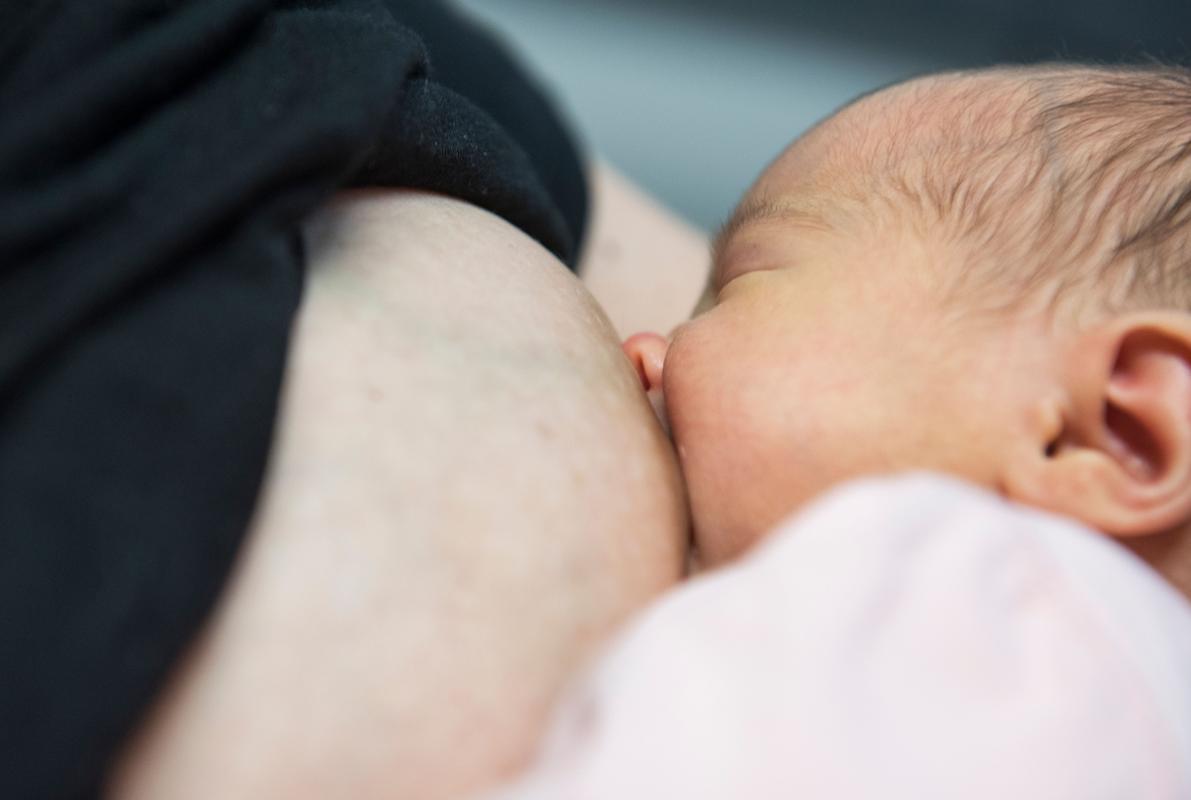For the fourth consecutive time UZ Leuven has been awarded the BFHI label, a label for hospitals that commit to breastfeeding in a scientifically substantiated manner. At UZ Leuven, one principle is at the heart of this: for every new born, breast milk is the first and best choice.
Since 2008, UZ Leuven has had the BFHI-label (Baby Friendly Hospital Initiative), a label that is awarded by the FOD for Public Health every four years. With this label, Unicef and the World Health Organisation (WHO) want to encourage hospitals to give babies the best chances of optimal health from their birth onwards.
Scientifically proven
The core of the BFHI project is that breastfeeding is the ideal start for both baby and mother. To obtain the quality label, a hospital has to meet certain criteria. E.g comply with the ten rules of thumb for succesful breastfeeding. “There is still a controversy concerning breastfeeding, but science is clear and unambiguous: it pays off to breastfeed more and longer. Based on scientific insights we can still improve our breastfeeding policy. In spite of the special corona year, we were still able to obtain the label for the fourth time in a row”, according to Siska Van Damme, head midwife at UZ Leuven.
Mother and baby together
From birth onwards, a stay on the UZ Leuven maternity ward revolves around babyfriendly care. Doctor An Eerdekens, neonatologist at UZ Leuven: “Babyfriendly stands for mother- and child-friendly. Because, irrespective of the circumstances, mother and baby always belong together. On our neonatal care ward, we provide e.g. coupled care: even if there are complications at birth, in mother or child, they are still cared for in the same room by us.”
Donor milk
“In addition, we have started administering donor milk at UZ Leuven. It's been proven that premature babies, younger than 32 weeks, are preferably fed breastmilk, because artificial milk provides less protection against infections*. We see it as a fixed part of the treatment of ill or premature babies. In case there is no of not sufficient breastmilk, we rely on donor milk, which is first screened and pasteurised. In our neighbouring countries there are already breastmilk banks. At UZ Leuven we want help start a similar initiative in Flanders”, doctor Eerdekens says.
*: ESPGHAN Committee of Nutrition of the European Society for Pediatric Gastro-enterology, Hepatology, and Nutrition. Donor Human Milk for preterm infants : current evidence and research directions. JPGN 2013;57:535.
